WHAT WE DO RECOMMEND .2
I have made the hard decision to stop providing a list of recommended evidence-based resources as we have previously done.
I would like to explain why. I created the original list to help guide members to some evidence-based resources, programmes and approaches that members could use at school or at home. It was created as a safe list to start your journey.
Four years ago no one knew the term Structured Literacy or what a real evidence-based approach to teaching reading looked like. We had limited resources in New Zealand and it was much easier to research and check the evidence on each resource we listed.
However, it is impossible to be able to research the 100’s of programmes, resources, decodable books, and manuals that are being released daily that say they are Structured Literacy , Based on Orton Gillingham or The Science of Reading Often these people are in business with no actual training to evidence in Structured Literacy and or evidence of SoR readings.
As Mark Seidenberg pointed out in the article about the science in “The Science of Reading,” “I see the “science of reading” approach as replicating several conditions that fostered the misbegotten practices of the recent past for which the “science of reading” is meant to be a corrective: well-intentioned individuals with limited research backgrounds who offer strong but flawed recommendations (and products) to teachers and school districts. They are treated as authoritative sources by an audience that cannot tell if they are or not.”
Unfortunately, I am seeing what I can only describe as an explosion in New Zealand. Companies rebrand or create “new” resources, and we have untrained people creating and selling resources and making money by adding Structured Literacy, The Science of Reading with no understanding of what it means, especially for our dyslexic children. It is also important to note you can’t be a Structured Literacy programme or Science of Reading programme if you don’t have a tier 3 option for our dyslexic children. (Yes this is happening in New Zealand.)
What I am recommending is PLEASE stay away from the new shiny toy on the market and do your own research. I will be providing some resources below to help you.
If you are an educator then my recommendation is to get some training. Having the knowledge and understanding of the WHY, WHAT and HOW to teach reading is more valuable than any programme or resource. If you have the knowledge you can teach a lesson with a pen and paper. Having the knowledge will also let you see what resources you actually need instead of buying every new resource that comes out. It will also let you spot the snake oils and save you money and time in the long run.
Another important point I would like to bring to the attention of DEB members, is that science and research are always evolving. Academics love to research and then double-check the research or pull apart other academics’ research. This is a good thing but again it is happening worldwide and it is impossible to stay on top of all of it.
What I can do is provide you with some excellent resources to read to help you research a programme.
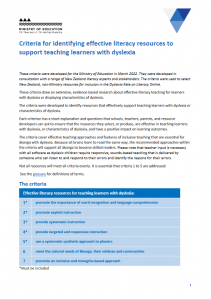
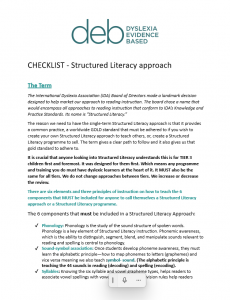
CHECK LIST for a Structured Literacy approach
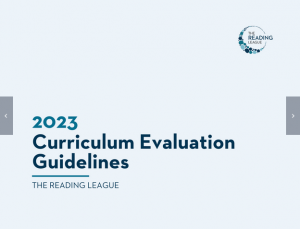
The Reading Leagues Curriculum Evaluation Guidelines
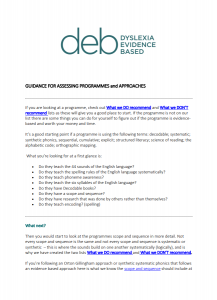
Guidance for Assessing Programmes and Approaches
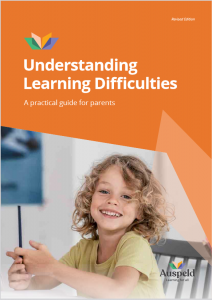
AU SPELD parent programme list
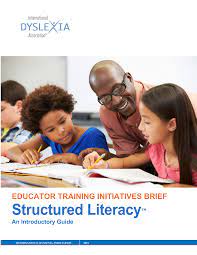
Structured Literacy: An Introductory Guide
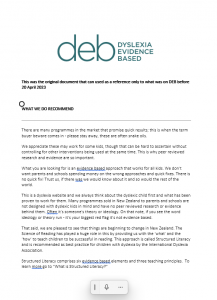
For reference only – WHAT WE DO RECOMMEND .1
We will still be providing some reading and spelling options via the curriculum options that DEB members have recommended and that are available in New Zealand. We recommend you contact the company if you wish to ask any questions regarding evidence and research.
Link to full Article by Mark Seidenberg About the Science of Reading
This document was created by Sharon Scurr founder of the DEB 20 April 2023